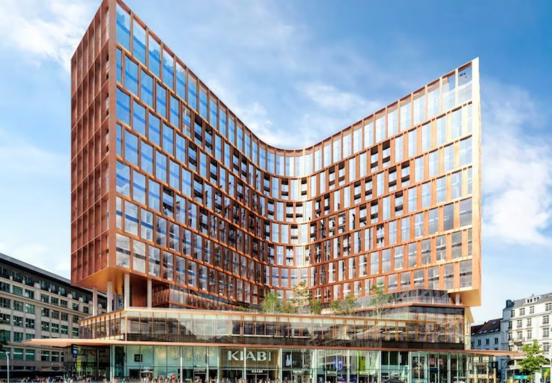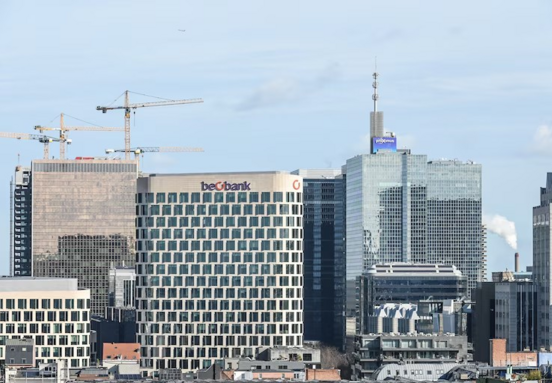Brussels office tax jumps: understanding the new rates and retroactive impact
Businesses considering or currently leasing office space in the heart of Europe's capital need to be aware of a significant upcoming change in operating costs. The City of Brussels has announced a substantial increase in its office space tax, elevating the rate from 17.85€ to 24€ per square meter (m²). This represents a considerable 13.4% hike.
Crucially, this new tax rate is not just for future considerations but will be applied retroactively to January 1, 2025. Businesses reportedly received notification of this change via registered mail starting mid-September, a timing that has drawn significant criticism from the business community.
Business backlash: "inadmissible" practices and future concerns
Why companies are upset about the new tax
The business sector, represented by organizations like Beci (the Chamber of Commerce and Union of Brussels Businesses), has voiced strong opposition to the city's decision. Their primary concerns revolve around a perceived lack of consultation prior to the announcement, the late notification, and particularly the retroactive application of the new tax. Beci has explicitly labeled these practices as “inadmissible” and “profoundly disrespectful” to the economic sector in Brussels.
Critics argue that this tax increase penalizes companies that have chosen to maintain their presence in Brussels, especially at a time of increasing competitive pressure from other cities and regions. This move is seen by many as part of an unsustainable fiscal trajectory that could deter future investment and business growth within the city.
The city's stance: balancing budgets and supporting smaller enterprises
Alderman's defense: spreading the burden and supporting local
The City of Brussels, through its Alderman of Finance, Anas Ben Abdelmoumen, defends the tax increase as a strategic policy. The rationale is to make "the broadest shoulders contribute" to the city's finances, thereby favoring residents and small independent businesses over larger corporations. This approach aims to rebalance the economic landscape.
In conjunction with the tax hike, the city has introduced measures beneficial to smaller businesses. The tax-exempt office space threshold for small enterprises has been raised from 100 to 125 m². Additionally, a new exemption on commercial sign taxes for the first year of activity has been introduced, aiming to support new ventures. The Alderman emphasizes that companies benefit from Brussels' unique assets, including its international standing and infrastructure, and should therefore participate in financing collective investments and public services.
Addressing retroactivity and future prospects
Regarding the contentious retroactive application, the Alderman explains that the modified tax regulations are directly linked to the 2025 budget, which was voted in June. Communes, he clarifies, have a legal window until December 31 of the exercise year to modify their tax regulations. He asserts that all decisions were public and transparent, with nothing hidden from the public eye. Importantly, he confirmed that a reversal of the adopted tax rates is not currently being envisaged, indicating the city's firm commitment to the new policy.
For businesses evaluating their presence or considering new office space in Brussels, understanding these new tax realities is paramount for accurate financial planning and strategic decision-making in the coming years.
Source: bx1.be







